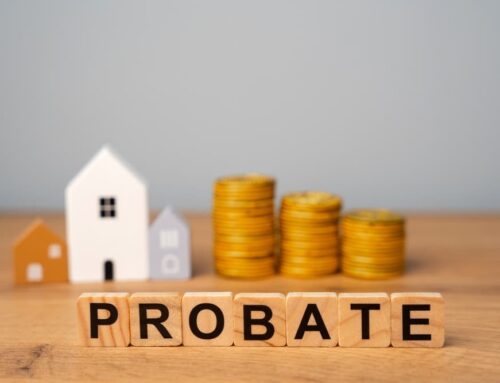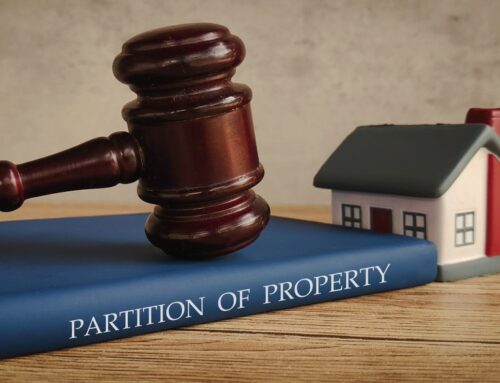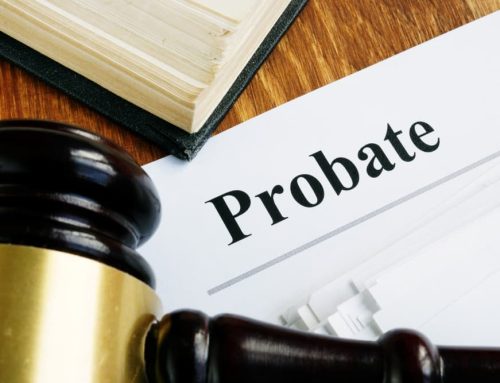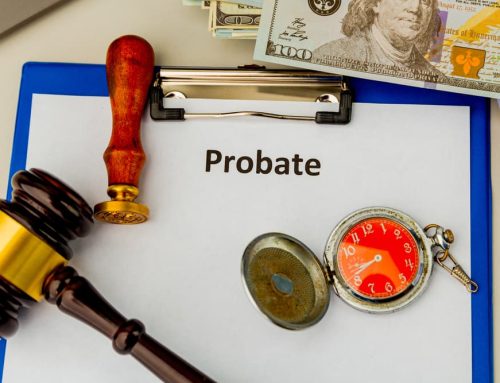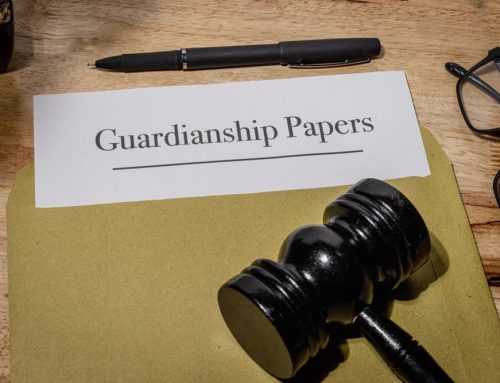How Does the Court Divide Property in a Partition Action?
How Does the Court Divide Property in a Partition Action?

When you own property with one or more people, you need to agree on how to use it and when to sell it. Because you may each have your own financial interests, you may end up in a disagreement over what action to take or not take under the circumstances. In a worst-case scenario, you may have to go through a judicial process called partition, where the property is either divided by a judge or sold. You should seek legal representation from a property partition attorney if you are involved in any disagreement.
Key Takeaways
- You may become involved in a disagreement with the co-owner of real property and may need intervention from the court
- If you cannot agree on a course of action, you may need to go through a partition, which is a forced division or sale of the property
- There are several types of partition action that could apply to your situation. The type that is used depends on the facts and circumstances of your case
- You should call a Florida property partition lawyer for legal advice and advocacy that could help protect your legal rights as a co-owner of the property
What Is a Partition Action in Florida?
If you’re wondering what is a partition action, it is a legal process used to divide property owned jointly by two or more people when they cannot agree on its use or sale. This typically arises with real estate, such as inherited property or property purchased together, but it can also involve other jointly owned assets. In a partition action, one co-owner can ask the court to physically divide the property (partition in kind) or order its sale and distribute the proceeds among the owners (partition by sale).
The court’s decision depends on factors like the type of property and whether it can be fairly divided. Partition actions help resolve disputes when co-owners have different plans for the property, such as one wanting to sell and another wanting to keep it. This legal remedy ensures each party receives their fair share, even if they cannot reach a mutual agreement outside of court.
Different Types of Partition
In Florida, there are generally two main types of partitions: partition in kind and partition by sale. Which one is used depends on the circumstances, as understanding partitions in Florida requires considering the property type, co-owner interests, and how division may affect overall value.
A partition in kind physically divides the property among the co-owners, giving each person a portion of the land that reflects their ownership interest. This method is preferred when the property can be fairly split without significantly reducing its value, such as with large parcels of land.
A partition by sale occurs when physical division is impractical or would harm the property’s value. This is common with homes or small parcels. In this case, the court orders the property sold, often through public auction, and the proceeds are distributed according to each party’s ownership share.
Florida also allows for partition by appraisal in some cases, where one owner buys out the others based on a court-approved valuation. The court’s goal is always to ensure a fair and equitable resolution for all co-owners.
How Does a Court Decide Which Partition Method to Use
In Florida partition actions, the court’s primary objective is to ensure a fair and equitable division of jointly owned property. The decision on whether to order a partition in kind or a partition by sale depends on the nature of the property and the circumstances of the co-owners.
A partition in kind is generally preferred because it preserves ownership by physically dividing the property into separate parcels that correspond to each owner’s share. However, this method is only feasible if the property can be split without significantly reducing its overall value or usability. For example, a large tract of land might be divided among co-owners, but a single-family home typically cannot.
When a physical division would be impractical, inequitable, or would cause substantial loss in value, the court may order a partition by sale. In this process, the property is sold, often at a public auction or through a broker, and the proceeds are distributed based on each party’s ownership interest.
Courts may also consider evidence from appraisers, surveyors, and other experts to determine the most appropriate method. Additionally, any agreements between co-owners and the presence of liens or mortgages can influence the court’s decision. Ultimately, Florida courts strive to reach a resolution that is both legally sound and fair to all parties involved.
How Can a Property Partition Lawyer Help?
A property partition lawyer can be an invaluable resource when co-owners of property cannot agree on how to manage, use, or sell it. In Florida, partition actions can quickly become complicated due to differing ownership interests, emotional attachments, or disputes over value. An experienced property partition attorney will first assess your legal rights and explain your options, including whether a partition in kind (physical division) or partition by sale is more appropriate.
They can negotiate with the other co-owners to reach a voluntary agreement, potentially avoiding lengthy court proceedings. In some cases, people also set up living trusts to simplify property division and reduce the chance of future partition disputes. If litigation is necessary, your property partition attorney will handle all aspects of the case. They can file the partition lawsuit, present evidence on property value and division feasibility, and advocate for your interests in court.
Reach Out to a Property Partition Lawyer Near You

The Estate Plan Top Rated Lawyer Peter Dyson
A skilled partition attorney can also help address related issues, such as resolving title disputes, dealing with liens, or ensuring fair distribution of proceeds. By guiding you through the process and protecting your rights, they work to secure an equitable outcome while minimizing stress and potential financial loss.
Frequently Asked Questions
Is it Possible to Avoid a Partition Action?
Theoretically, you could keep a partition action from going to a trial in court by negotiating about differences and reaching a resolution.
How Long Does a Partition Action Take?
Since a partition is a type of judicial proceeding, the timetable set by a judge would control your case. Thus, you would have no control over the timeline.
What if I Have a Mortgage on the Property in Partition?
The mortgage would need to be paid back from the proceeds of the forced sale before you receive any money yourself.
Have questions about how to get started on your estate plan or estate needs?
Have questions about how to get started
on your estate plan or estate needs?
Contact the experienced estate planning professionals at The Estate Plan
by calling us at (305) 677-8489.
Contact the experienced estate planning professionals at The Estate Plan by calling us at
(305) 677-8489.



